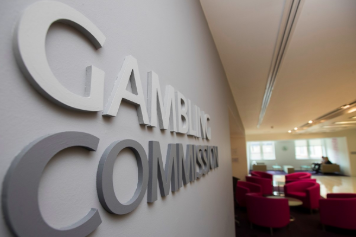The UK Gambling Commission (UKGC) continues to monitor public engagement with online gambling verticals in light of regional governments easing the majority of COVID-19 restrictions.
Publishing its latest dataset tracking the UK’s online gambling marketplace, the regulator reported that total GGY in Q4 (January to March 2022) stood at £1.2bn, reflecting a decrease of 1% from Q3 (October to December 2021).
A reduction in total wagering was registered despite a 5% increase in average monthly active accounts observed during the Q4 period.
An increase in Q4 consumer activity saw the market register an 11% uptick in active sports betting accounts, alongside growth of 5% in active slots accounts.
Sports betting registered peak year active accounts of 6.3 million during the month of March, likely attributed to the popularity of the Cheltenham Festival (16-19 March) with the UK’s general public.
Yet, despite the period of high-player activity, the UK market registered an overall 2% quarter-on-quarter decrease in the total wagers/spins to £19bn.
Cited as the market’s ‘highest-risk’ vertical, slots GGY decreased to £541m between Q3 and Q4, with the number of spins reducing by 2% to £17.9bn, despite the reported increase in active players.
Tracking UK online gambling over a 12-month period, Q4 registered the lowest GGY results, as 2021/2022 quarterly averages stood at £1.3bn.
Generating a GGY of £1.65bn the period of January-to-March 2021 (Q42020/2021) remains the highest GGY quarter since the Commission began to track the UK market in March 2020, under lockdown conditions.
However, the Commission has advised caution when making year-on-year comparisons due to ‘differing operating circumstances between reporting periods’ – adding that market data may account for the use of ‘free bets and bonuses’.
Notifying all licensed operators, the regulator outlined that it would “continue to expect extra vigilance from operators as consumers are impacted in different ways by the circumstances brought on by the pandemic and the wider economic environment”.
It stated: “Many people will still feel vulnerable as a result of the length of the pandemic period, further uncertainty about their personal or financial circumstances or readjusting budgets and time as life returns to normal with a wider set of finance drivers.”









